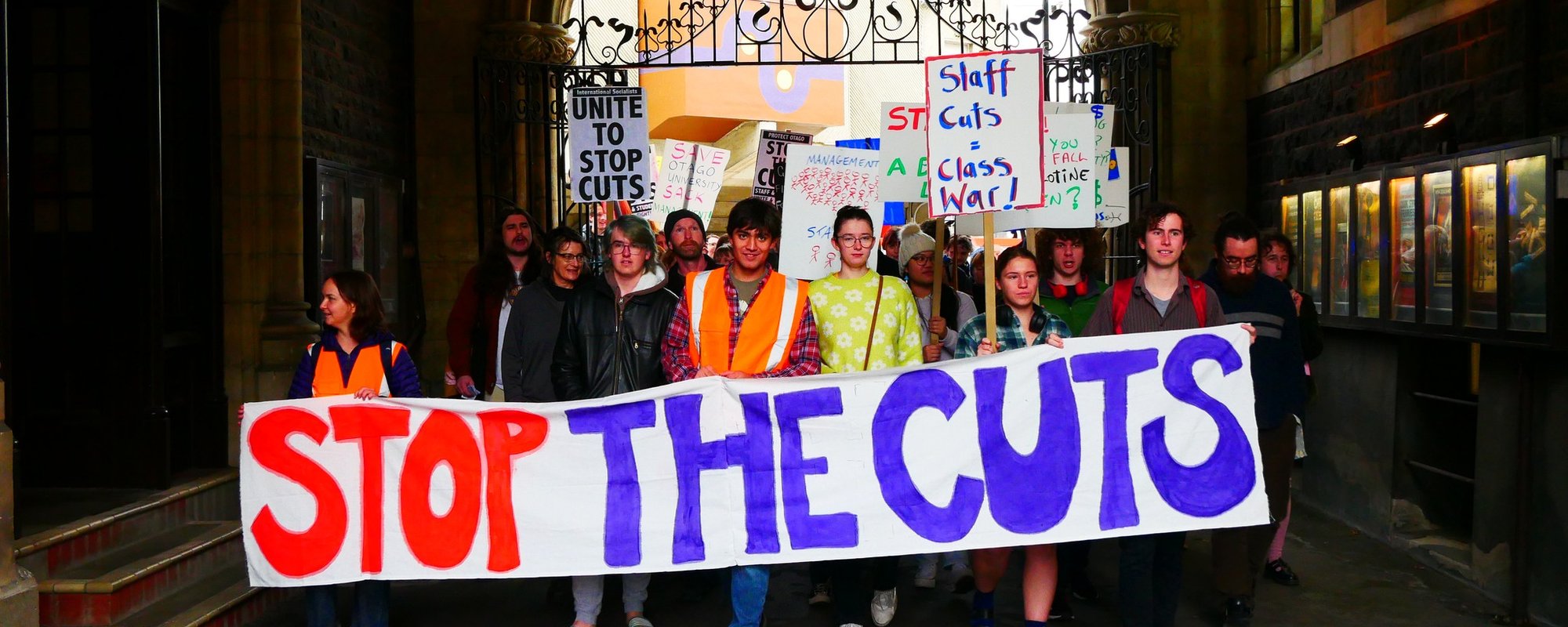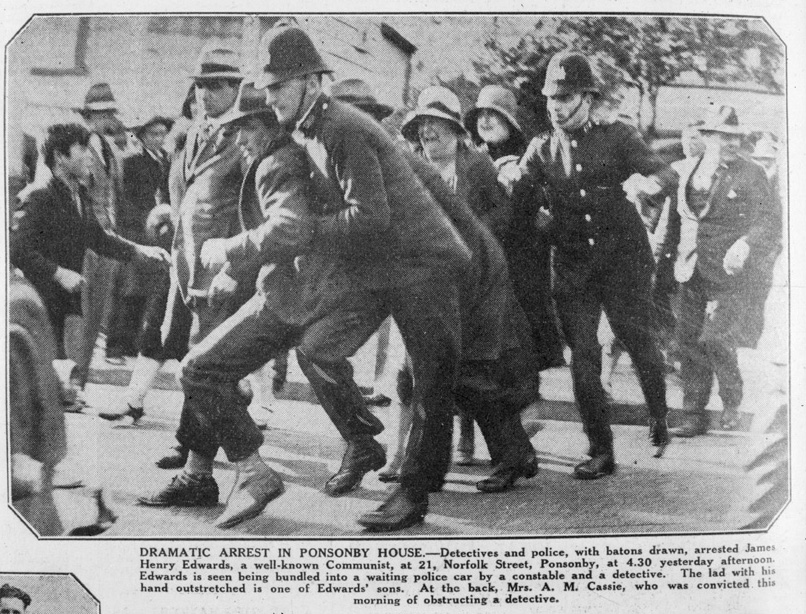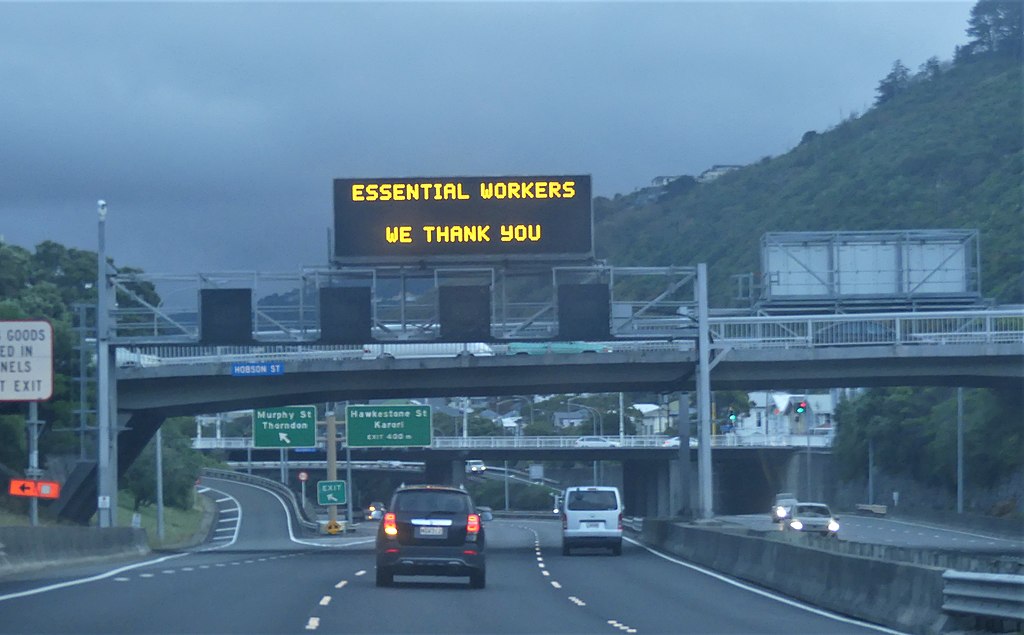In the 2023 election, the National Party faces a situation that it hasn’t faced in its 87-year history: a serious challenger to their right. Under David Seymour’s leadership the ACT Party has grown consistently in strength. No longer content with being a minor party, ACT leader David Seymour stated to the New Zealand Herald in June that if National wouldn’t commit to what he called “worthwhile policy reform” ACT would quite happily sit on the crossbenches.
Founded in 1936, the National Party is the premier party of capitalism in New Zealand, of business and farming interests. This alliance – urban interests allied to rural commodity producers – has stamped its character on both the National Party and New Zealand capitalism ever since. While National’s 2023 party list contains fewer farmers than previously, voting patterns and National’s policy platform reflect the nature of the party. Despite losing to Labour’s landslide victory in 2020, National retained much of its support in rural areas – winning 16 rural seats to Labour’s 13. Key planks in National’s current policy platform – relaxing regulations affecting dairy farms and postponing agricultural emissions pricing, for example – are designed to support farmers at the expense of the environment. The National Party also retains strong ties to the business elite. Prior to entering politics, National Party leader Christopher Luxon was CEO at Air New Zealand; while deputy leader Nicola Willis has previously held senior management positions at Fonterra.
National’s MPs reflect the party’s base more generally. While MPs overall are wealthier than the average New Zealander, National MPs are particularly so – 80% own investment properties. They share a common interest with both middle and large-scale capitalists, also reflected in National’s policies, such as to reinstate tax-breaks for landlords. National, even more than Labour has, would cut local government “red-tape” that stands in the way of low standard housing developments for working people, while hypocritically promising to preserve leafy inner-city suburbs from increased density requirements for the well off.
Similarly to National, the ACT Party was formed during a period of fiscal crisis, when Roger Douglas deserted Labour to advocate even further neoliberal reform. For most of its history, ACT – founded as the “Association of Consumers and Taxpayers” – has been happy to play the role of National’s handmaiden, faithfully supporting the larger party while giving voice to a relatively small strata of affluent urbanites whose aspirations to wealth rest on residential property values, propped up by minimal taxation and cuts to social services.
Since coming under David Seymour’s leadership in 2014, however, ACT has grown in ambition. Seymour may cultivate the image of a bumbling buffoon, but he has managed to convert ACT from a fringe party to a disciplined political force with a coherent – if repugnant – strategy. Under the banner of right-wing libertarianism, it has courted popularity of the alt-right at the same time as competing on National’s for an ever-growing share of the right-wing vote.
Long before he earned the distinction of being the only sitting MP to meet with the anti-lockdown protestors rioting on Parliament’s lawn, Seymour was speaking at rallies of the “Free Speech Coalition,” championing the rights of alt-right racists and neo-fascists. Seymour’s recent comments on Newstalk ZB about “sending in a guy called Guy Fawkes” to dismantle the Ministry for Pacific Peoples are part of the same strategy and shouldn’t be considered any more of a “joke” than the hateful comments that his supporters make in online chatrooms.
The other prong of Seymour’s strategy is to challenge National on their own ground. Junking some aspects of ACT’s earlier libertarianism, Seymour’s voice has been amongst the loudest banging on the “law and order” drum – preying on the fears of the middle class and small business owners by claiming that Labour’s more compassionate policies have led to increased crime. While ACT generally campaigns on slashing spending on public services, prisons and defense are two areas in which they would see spending increased. ACT have also attempted to make inroads into National’s territory by campaigning for the farmer’s vote, with a visible presence at annual field days and by putting up more candidates in rural electorates.
By challenging rather than appeasing National, ACT have put themselves in a unique position. Either they will be a significant part of any future National-led government, or they will continue to draw support by standing resolutely to National’s right. For anyone looking to see progressive change in Aotearoa, this signals a dangerous new shift – one which can only be countered by a resolute campaign against both National and ACT from the left.








